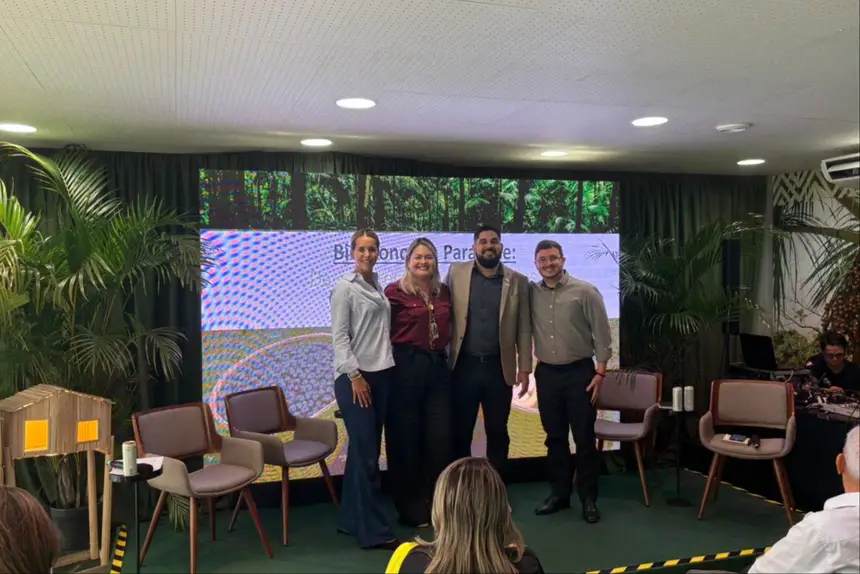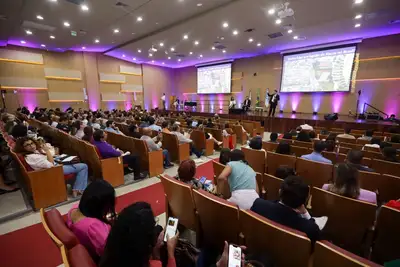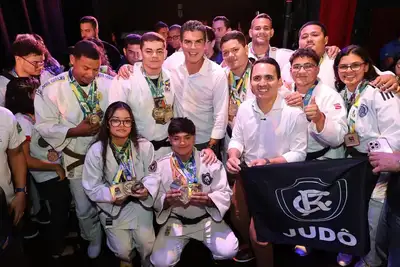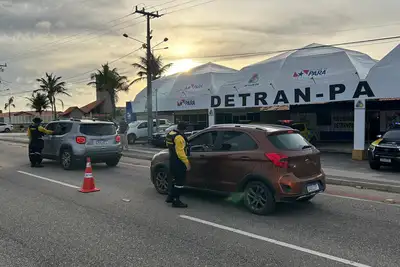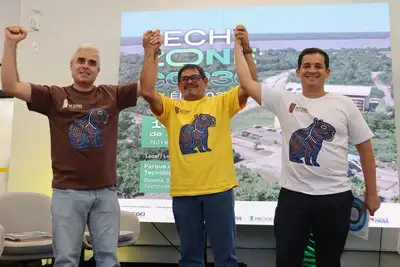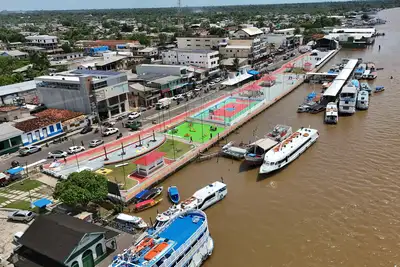State Bioeconomy Plan Highlights in COP30 Panel
The presentation mentioned the 122 actions that make up the PlanBio and the data monitoring platform for the execution of these actions
The State Secretariat for Environment, Climate and Sustainability (Semas) participated in the presentation of the panel "Pará Bioeconomy: From Strategy to Action, the Lessons of PlanBio in Pará" last Wednesday (12), as part of the programming of the Pará Pavilion in the Green Zone of COP30.
The panel presented the journey of the State Bioeconomy Plan since its launch in 2022 to the current programs aimed at strengthening bioeconomy in the Pará territory. The process involved qualitative listening and various workshops, highlighting the importance of participation and dialogue in the formulation of public policies.
Regarding the governance of the plan, the Climate Management Council (Coges Clima) was mentioned, a fundamental policy of Semas in the strategic guidance for PlanBio, and the inclusion of new secretariats, expanding the capacity for action.
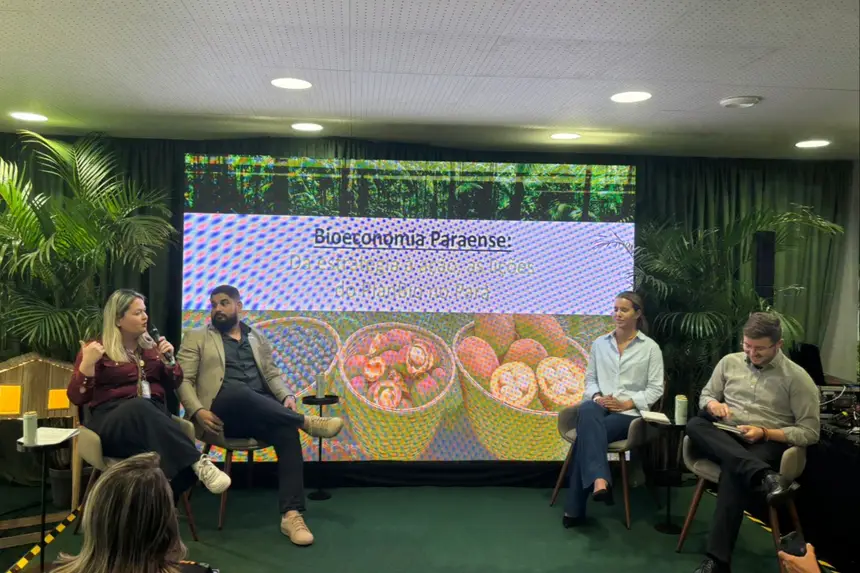
Sociobioeconomy - In the presentation, the coordinator of Bionegotiations at Semas, Jéssica Brilhante, mentioned the 122 actions that make up the Plan and the data monitoring platform for the execution of these actions.
A central point of the discussion was the set of actions directly linked to sociobiodiversity and sociobioeconomy. The main initiatives mentioned were: Inova Sociobio - a program aimed at promoting innovations for the value chains of sociobiodiversity; Casa da Sociobioeconomia - a space for connecting knowledge and developing sociobioeconomy, and the School of Forest Knowledge, an initiative to promote and formalize traditional scientific knowledge related to the environment.
"The focus of the presentation is to ensure that sociobioeconomy strengthens in the territory, creating a cycle of conservation, sustainable production, and social development. The effort is to create the necessary competencies for the Amazon to use its natural heritage as inclusive and sustainable economic development," emphasized the coordinator.
In addition to the Semas representative, the panel included professor and partner of Emboé, Jéssica Galdino, and Dayvison Gonçalves, Scientific Director of the Amazon Foundation for Support of Studies and Research of Pará (Fapespa).
Text: Vitor Hugo Ribeiro - Ascom/Semas


